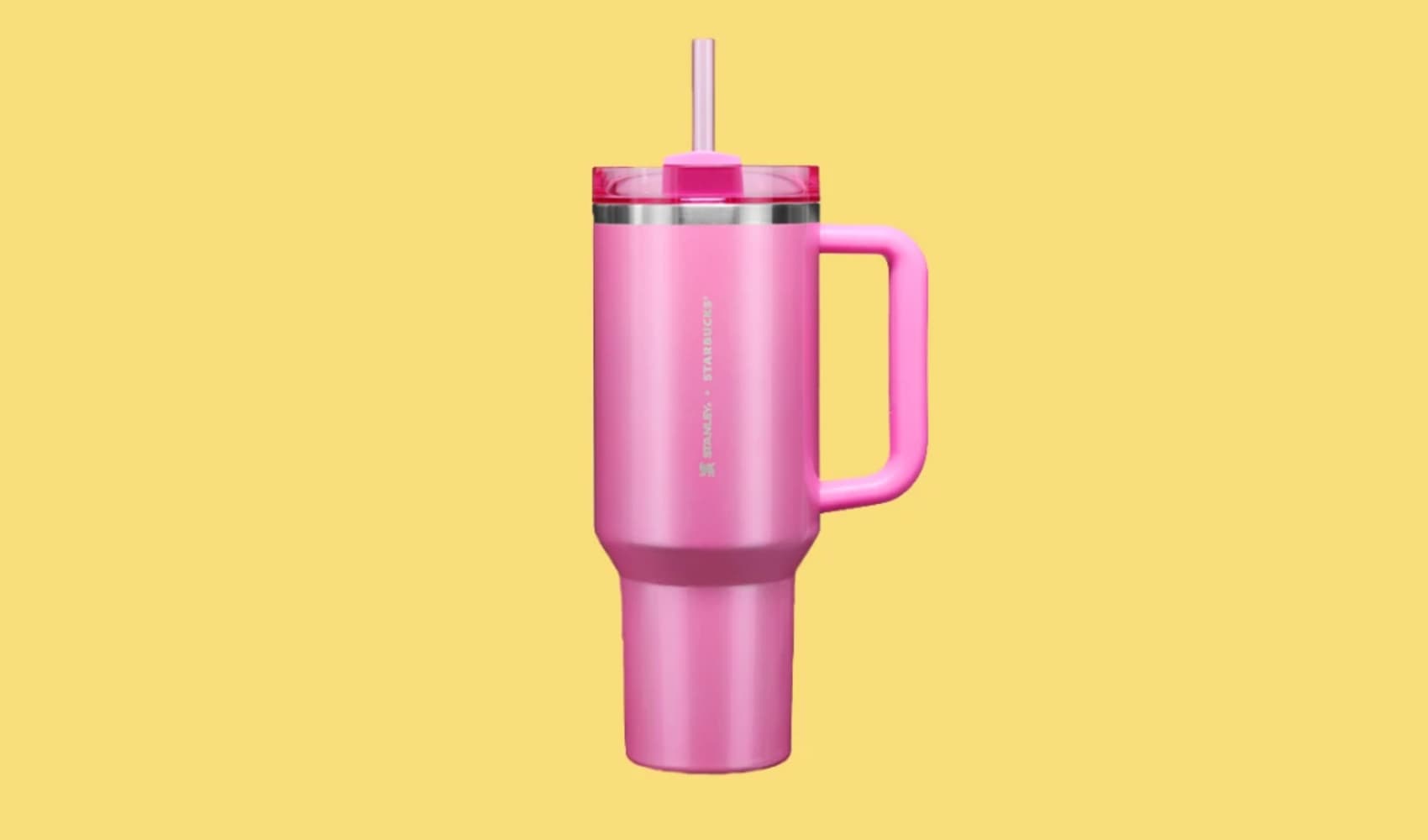
A consumer advocacy group is suing Starbucks, the world’s largest coffee brand, for false advertising, alleging that it sources coffee and tea from farms with human rights and labor abuses, while touting its commitment to ethical sourcing.
The case, filed in a Washington, D.C., court on Wednesday on behalf of American consumers, alleges that the coffee giant is misleading the public by widely marketing its “100% ethical” sourcing commitment on its coffee and tea products, when it knowingly sources from suppliers with “documented, severe human rights and labor abuses.”
“On every bag of coffee and box of K-cups that Starbucks sells, Starbucks is heralding its commitment to 100% ethical sourcing,” said Sally Greenberg, CEO of the National Consumers League, the legal advocacy group bringing the case. “But it’s pretty clear that there are significant human rights and labor abuses across Starbucks’ supply chain.”
The lawsuit cites reporting about human rights and labor abuses on specific coffee and tea farms in Guatemala, Kenya and Brazil, and alleges that Starbucks has continued to purchase from these suppliers in spite of the documented violations.
A spokesperson for Starbucks did not immediately respond to a request for comment on its sourcing relationships with the farms and companies mentioned in the lawsuit, but in an earlier statement to NBC News said, “We take allegations like these extremely seriously and are actively engaged with farms to ensure they adhere to our standards. Each supply chain is required to undergo reverification regularly and we remain committed to working with our business partners to meet the expectations detailed in our Global Human Rights Statement.”
Read the full story on NBCNews.com
Get Tri-state area news delivered to your inbox.> Sign up for NBC New York's News Headlines newsletter.



